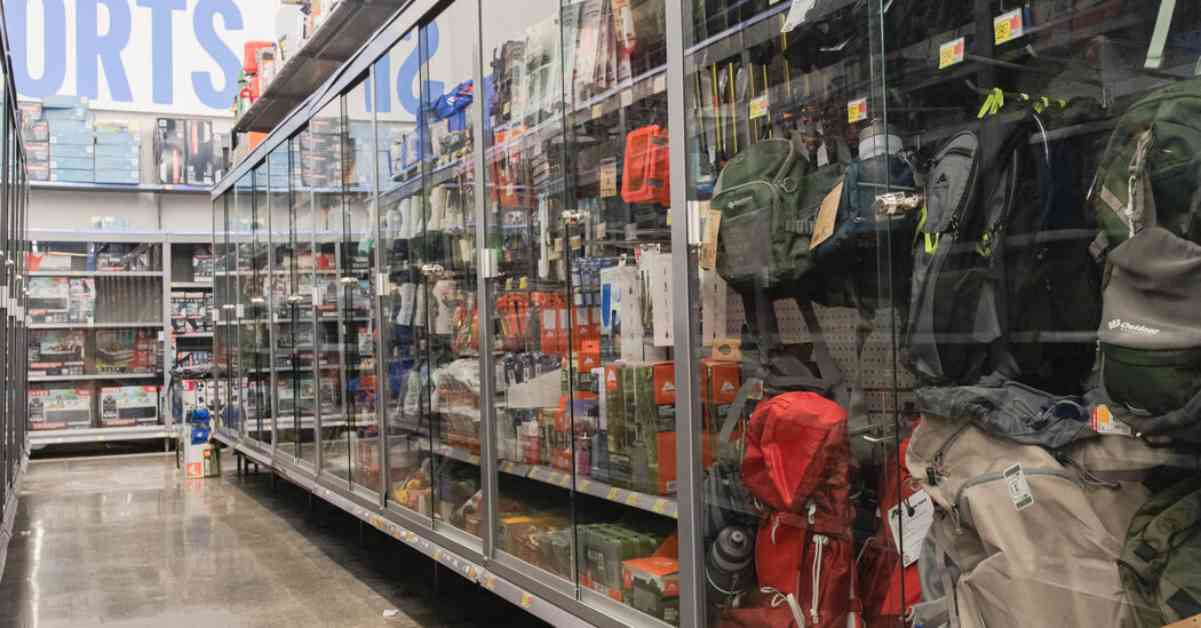Californians are growing increasingly frustrated with the rise in shoplifting and fentanyl use in the state. In response to this, voters will be deciding in November whether to implement stricter laws that could result in more people being incarcerated. This shift in public sentiment comes as retailers have resorted to locking up items like deodorant, shampoo, and underwear due to rampant shoplifting incidents.
The situation has become so dire that retail employees are often instructed to ignore shoplifters to avoid potential confrontations that could turn violent. Videos of groups stealing merchandise in broad daylight have circulated online, adding fuel to the fire of public outrage.
Both Democrats and Republicans in California are now acknowledging the pressing issues facing supermarkets, retail stores, and communities at large. Even top Democratic figures like Mayor London Breed of San Francisco are joining forces with conservatives to address the smaller crimes that have contributed to a feeling of lawlessness in major cities.
In response to this growing discontent, a coalition of law enforcement officials, business owners, and families affected by fentanyl addiction are pushing to reverse Proposition 47, a 2014 ballot measure that reduced penalties for offenses like shoplifting and drug possession. This initiative, along with other past propositions like Proposition 13 and Proposition 209, has become synonymous with the state’s current crime woes.
With the backing of major retailers such as Target, Home Depot, and Walmart, the coalition has successfully placed a ballot measure on the November election that seeks to impose harsher punishments for crimes that are currently resulting in lenient charges or no prosecution at all. Even Governor Gavin Newsom has publicly acknowledged the state’s crime problems, recounting a personal experience of witnessing a shoplifting incident at a Target store.
As California grapples with these challenges, lawmakers and voters are faced with the difficult task of determining the best course of action to address the rise in crime and restore a sense of safety and security in their communities. The upcoming election will be a crucial turning point in deciding the state’s approach to law enforcement and criminal justice reform.


















